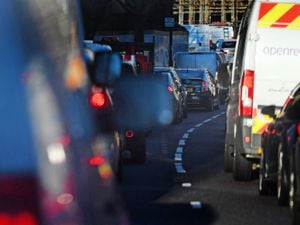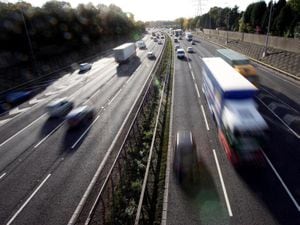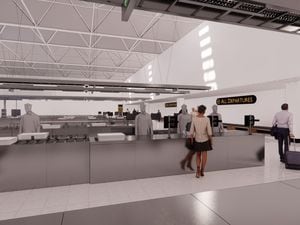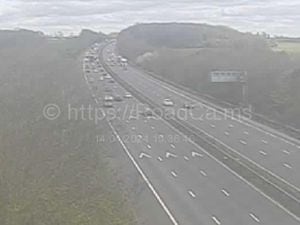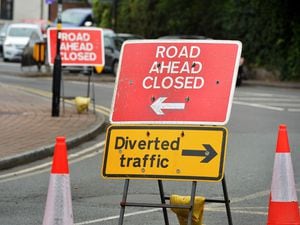Region's council leaders to launch bid for £1.7 billion transport funding
New train stations, rail lines, road schemes and tram tracks will be built under a £2.3 billion plan to revolutionise transport across the region.
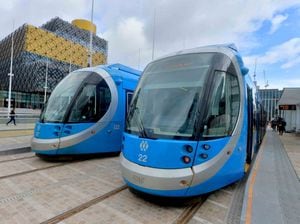
The West Midlands Combined Authority (WMCA) was today preparing to submit a bid for £1.7bn of government funding "to keep the transport network moving" into the future.
The five-year plan – which will be backed by £554m in local contributions – will include a new railway station in Aldridge and further development of the Dudley Interchange.
More than £180m has been earmarked for four key schemes in the Black Country, which bosses say will boost growth and address transport inequalities.
This includes £39m for the Walsall-Wolverhampton corridor to relieve congestion on the A454, and £31m for Interchange improvements between bus, rail and the new Metro at Dudley Port.
More than £50m has been requested for land remediation and new transport schemes for bus, walking, cycling between Smethwick and Birmingham, while £66m will go towards the completion of the new railway station at Perry Barr.
Nearly £140m will go towards 16 new cycle routes linking key centres around the region.
Bosses have also included a bid for £20m to implement the long-awaited integrated contactless payment system for the region's public transport network.
Council leaders were due to vote on the plan at a meeting today.
Earlier this week Boris Johnson announced millions of pounds in funding for infrastructure projects in the West Midlands over the next decade, including the Wolverhampton-Walsall rail line and a number of Metro extensions.
Comment: Light at end of tunnel for long-suffering commuters
Revolutionising the region’s transport network has long been considered a key aim of political leaders across the West Midlands.
The fact is that when it comes from getting from A to B, the region has been held back by by a multitude of issues, particularly gridlocked roads and unreliable train services.
In the past cycling and walking routes have been sparse and poorly promoted, while public transport options have often left a lot to be desired for those who live away from main town and city centres.
Recently, we have seen a series of improvements. The advent of the West Midlands Metro and its various extensions has offered commuters a alternative to trains and buses, and opened up routes for those who may live in previously isolated parts of the region.
For their part, bus services have improved markedly, although there is still much work to be done to link rural communities.
Meanwhile our railways are undergoing an overhaul after a truly miserable period prior to the pandemic, with new stations planned, as well as the reopening of lines that have been closed since the 1960s.
In reality, the work done up to now has only scratched the surface of a decades-long problem.
Funding for many of the schemes that are currently in the pipeline has not yet been secured, and there is always the danger that carefully developed plans never make it off the drawing board.
However, there is genuine belief in the West Midlands that ministers are willing to bite the bullet and press on with a series of proposals that will transform our transport networks.
Under the City Region Sustainable Transport Settlement (CRSTS), more than £4 billion will be spent on local transport improvements in the country’s eight large metropolitan areas.
The West Midlands Combined Authority (WMCA) is planning to ask for £1.7bn of that pot to supercharge developments in a region many would say has been underfunded from central government for far too long.
And the success of the bid is particularly pertinent post-Covid, with bosses believing that improved transport networks will play a critical role in opening up opportunities for communities, allowing the region to quickly regain growth momentum and avoid long-term economic scarring.
Make no mistake, landing the cash needed for Metro extensions, road improvements and new rail stations is key to the region’s future.

